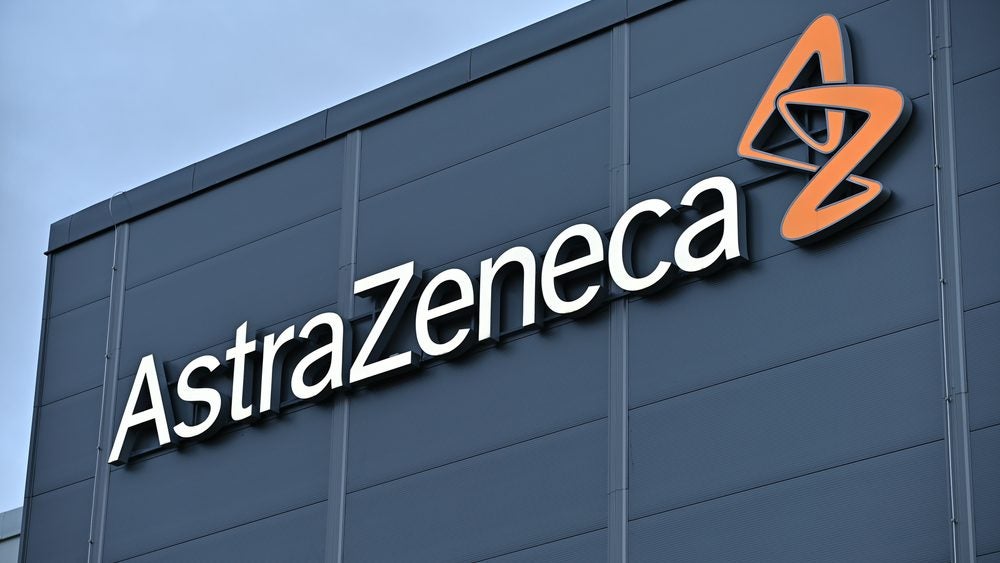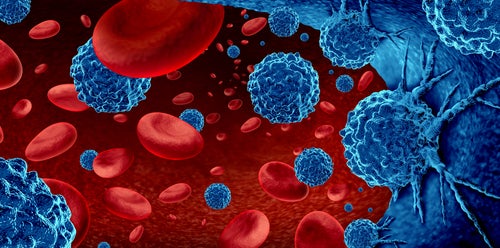Bright Peak Therapeutics has raised $90m in a Series C financing round as the biotech looks to make a name for itself in the immunoconjugate space.
Johnson and Johnson’s (J&J) investment arm JJDC led the Series C round backing Bright Peak’s cancer treatment portfolio, which also saw participation from new investors Venrock, KB Investment, and Northleaf Capital Partners.
Bright Peak said the funds will be used to advance its lead asset – BPT567 – into a Phase I/IIa clinical trial for the treatment of solid tumours, according to an 11 June press release. BPT567 is a PD1-IL18 immunoconjugate – an IL-18 binding protein-resistant molecule integrated with PD-1 checkpoint blockade using “antibody drug conjugate-like” technology.
The biotech, which has offices in both Switzerland and the US, claims BPT567 is the first immunoconjugate of its kind to enter the clinic. The Phase I/IIa study is slated to begin in the second half of this year.
Targeting IL-18 increases the activation and cytotoxicity of antigen-experienced effector T cells in the tumour microenvironment. Coupled with unlocking the body’s anti-tumour response via PD-1 blockade, BPT567 induced “profound synergistic anti-tumour activity” in preclinical models, according to Bright Peak.
The biotech’s CEO Fredrik Wiklund said: “We are now well positioned to bring much-needed innovation to the field of anti-PD-1 immune-checkpoint inhibition and look forward to advancing our lead programme into the clinic later this year across multiple tumour types.”
Along with advancing BPT567 into early trials, Bright Peak said the funds will also go towards accelerating its wider pipeline of next-generation immunotherapies.
The PD-1 inhibitor landscape is currently dominated by MSD’s Keytruda (pembrolizumab) and Bristol Myers Squibb’s Opdivo (nivolumab). Last year, Keytruda generated $25bn in sales while Opdivo accumulated $9bn in revenue.
Meanwhile, the promise of using IL-18 in cancer therapies is growing steadily. Gilead Sciences gained ground in the space when it acquired the rights to Compugen’s preclinical IL-18 binding protein programme late last year in a deal that could reach $848m.















